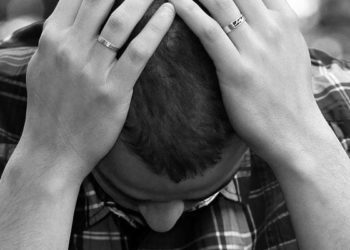Deep brain stimulation may improve clinical outcomes in individuals with treatment resistant depression
1. In this clinical trial, deep brain stimulation (DBS) showed clinical benefit in patients with treatment resistant depression (TRD).
2. Improvement was sustained for over 10 years in half of patients who completed follow-up.
Evidence Rating Level: 3 (Average)
Major depressive disorder is refractory to treatment impacts in over a third of patients. Deep brain stimulation (DBS) has been used to improve symptoms in those with tremors but shows potential benefit for those with treatment resistant depression (TRD). It is not known whether improvement in these patients is sustained over an extended follow-up period.
The present clinical trial measured psychiatric function in a group of patients who received TRD. Patients were included who were diagnosed with severe TRD and had previously failed at least 4 trials of therapeutics. Outcomes were measured with the Montgomery-Šsberg Depression Rating Scale (MADRS) and adverse events were recorded using retrospective chart review. Follow-up occurred annually up to 10 years after baseline assessment.
In total, 8 patients were included and 6 completed the entirety of follow-up. At 10 years, 50% of participants had sustained clinically significant improvement of symptoms whereas 25% of participants were in full remission from TRD. One patient discontinued DBS due to perceived lack of improvement, and another committed suicide after DBS was stopped due to recurrent mania. This study was limited in that it included a small sample size and lack of control group. Therefore, these results cannot be reliably applied to the general population. Nonetheless, this study suggests that DBS may reduce symptoms in patients with TRD, and sustain improvement for up to 10 years. Future studies would be necessary to include a larger sample size and determine optimal stimulation requirements for patients with TRD.
Click to read the study in The Journal of Clinical Psychiatry
Image: PD
©2021 2 Minute Medicine, Inc. All rights reserved. No works may be reproduced without expressed written consent from 2 Minute Medicine, Inc. Inquire about licensing here. No article should be construed as medical advice and is not intended as such by the authors or by 2 Minute Medicine, Inc.









